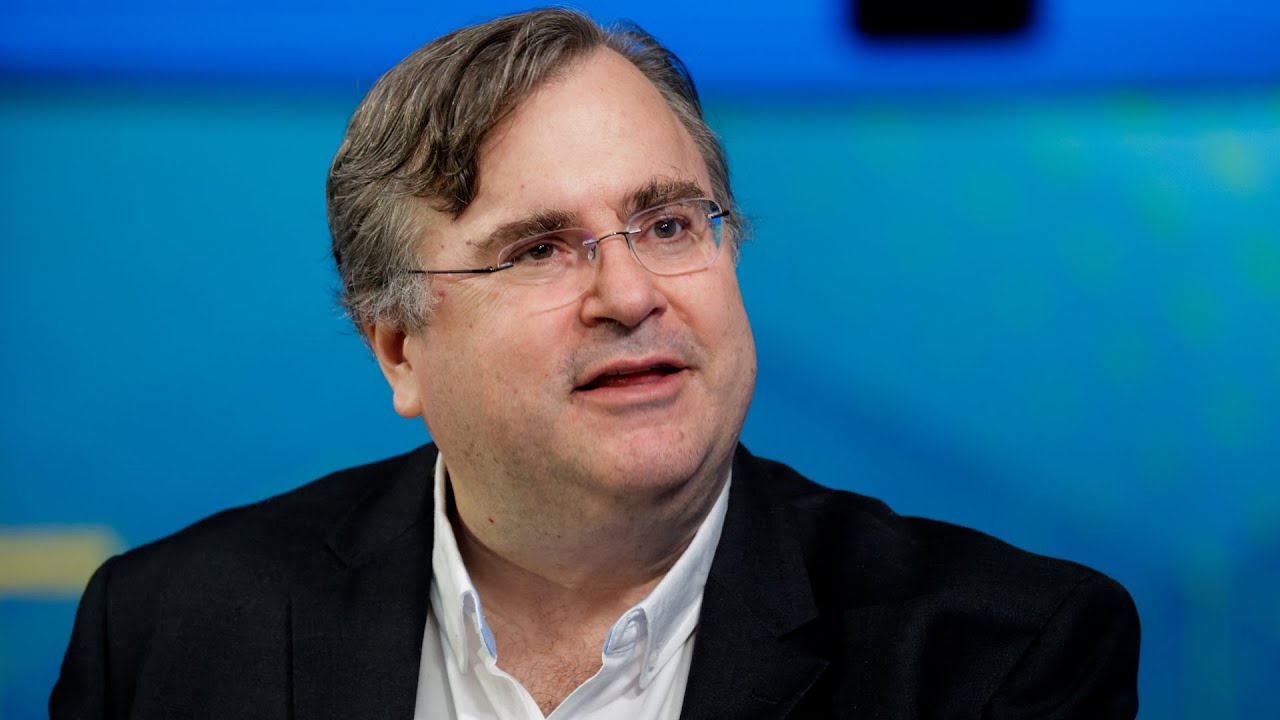Reid Hoffman criticized the European Union’s regulatory approach to technology, arguing that it stifles innovation and emphasizes the need for stable regulations in the U.S. to maintain competitiveness, particularly against China. He expressed optimism about AI’s potential, especially in healthcare, and advocated for aggressive investment in AI infrastructure while promoting responsible use and the alignment of technology with societal benefits.
In a recent discussion, Reid Hoffman expressed his views on the regulatory landscape surrounding technology, particularly in relation to artificial intelligence (AI) and the European Union’s approach to regulation. He criticized the EU for being overly regulatory, which he believes stifles innovation and leads to outdated practices among U.S. tech companies. Hoffman emphasized the importance of having clear and stable regulations that allow businesses to invest in development without the fear of changing rules, arguing that this stability is crucial for fostering growth and innovation.
Hoffman also highlighted the need for the U.S. to maintain its competitive edge against countries like China. He pointed out that the current trade tensions and tariffs could inadvertently benefit China by making it a more stable trading partner for Europe and other regions. He stressed the importance of fostering strong trading relationships and partnerships to ensure the prosperity of American industries and citizens, suggesting that the U.S. should focus on cooperation rather than isolation.
On the topic of AI investments, Hoffman shared his optimism about the future of technology, particularly in healthcare, where he is involved in efforts to combat cancer through AI. He noted that while regulatory uncertainty exists, it does not deter his commitment to long-term projects. Hoffman believes that the potential benefits of AI far outweigh the risks, and he encourages aggressive investment in AI infrastructure to stay ahead in the rapidly evolving tech landscape.
The conversation also touched on the structure and future of OpenAI, where Hoffman remains closely connected. He explained that OpenAI’s shift to a public benefit corporation aims to align its mission with its operational structure, allowing it to prioritize societal benefits over profit. He praised OpenAI’s recent advancements and emphasized the importance of using AI responsibly to enhance productivity and improve human lives.
Finally, Hoffman reflected on his political contributions and the broader implications of technology in governance. He expressed hope for a more effective government through the application of technology and data analytics, advocating for a thoughtful approach to reform rather than abrupt changes. He concluded by discussing LinkedIn’s ongoing mission to support individuals in their economic lives, highlighting the platform’s commitment to helping users navigate the business world effectively.
